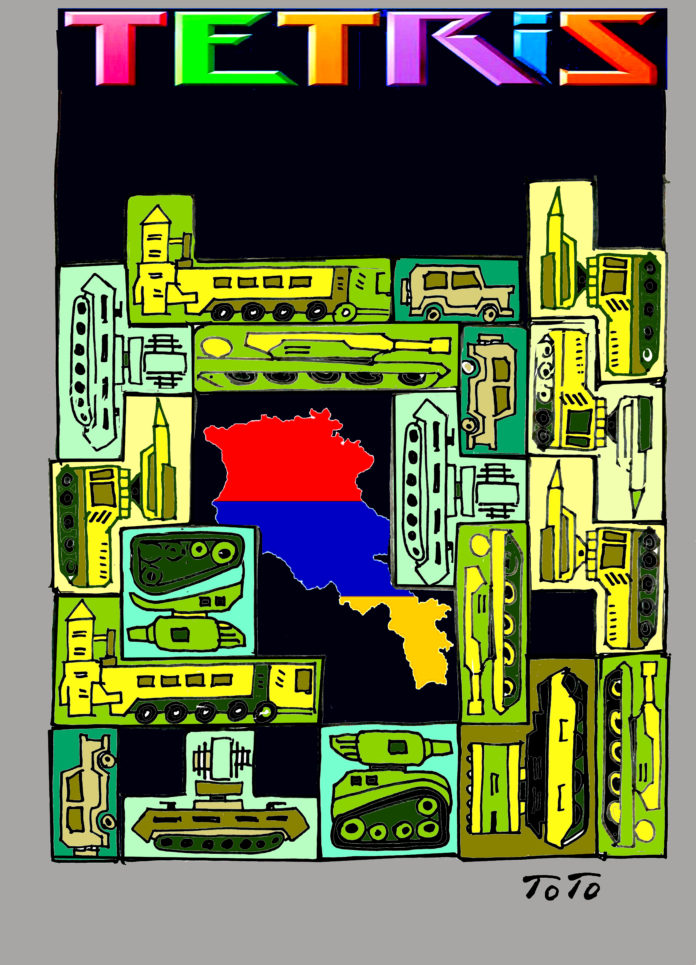The defeat of the 44-day war against Azerbaijan and Turkey has brought with it despair and confusion to Armenia, in addition, predictably, to political instability.
The war not only cost the loss of much of Karabakh’s territory, but also cast doubt on the very survival of the Armenian state.
The pandemic had already strained Armenia’s healthcare system, which is now being crushed under the weight of thousands of wounded soldiers needing urgent care.
While the blame game is raging between political groups, the functioning of the government has been paralyzed and the regrouping of the army has been sidelined.
Peace came at a price and the recovery will take a long time.
Political and military developments are not waiting for Armenia to put its house in order. Particularly, two crises are looming in the region and the Karabakh war has already been relegated to the margins: the confrontation between Russia and Turkey seems to have placed both parties on a collision course in the Caucasus and Crimea and the fallout from both scenarios will damage Armenia further.










